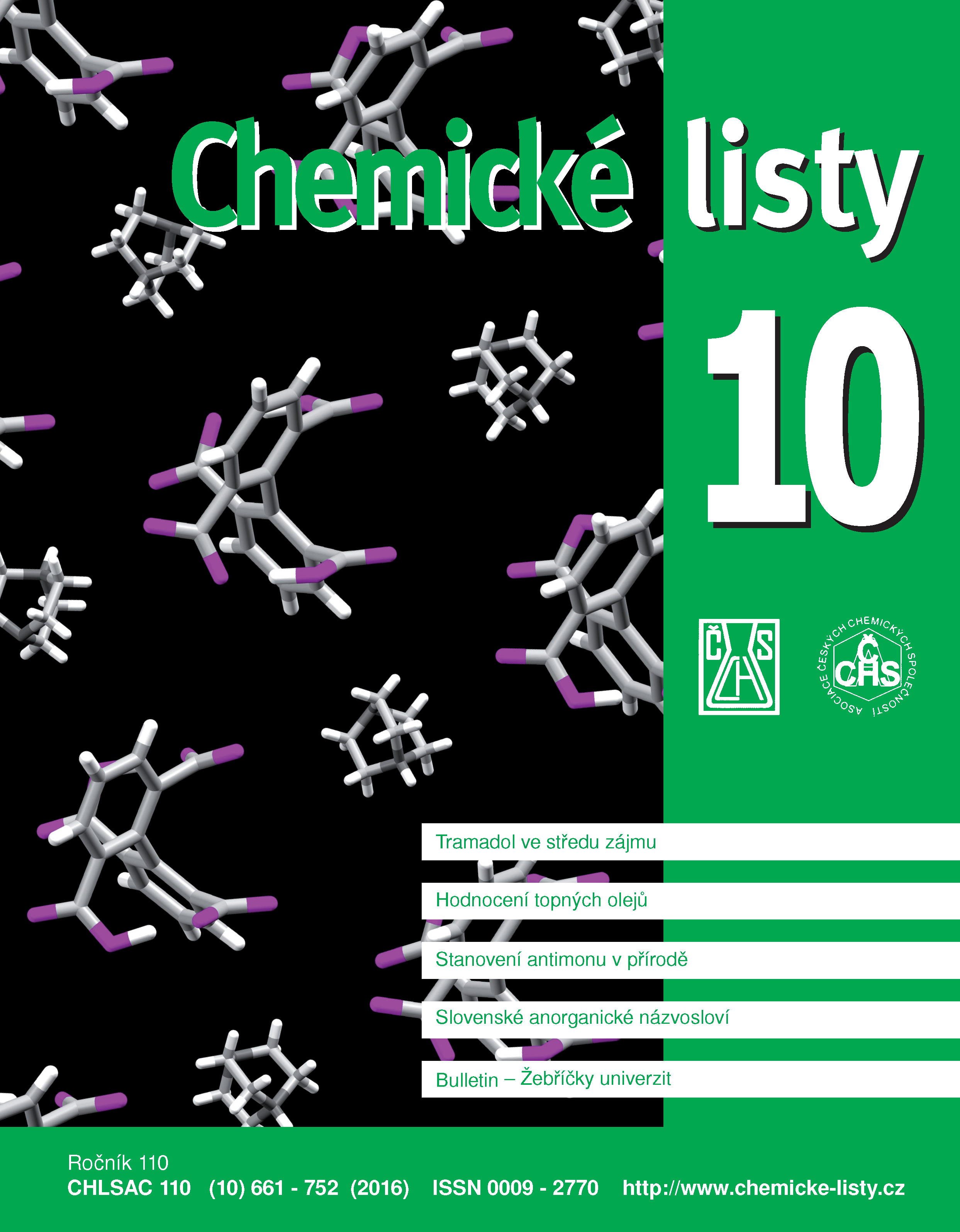Molekulární modelování v heterogenní katalýze
Klíčová slova:
molekulární modelování, hydrogenace, katalýza, strukturní vlivAbstrakt
Methods of molecular modeling offer a broad range of applications in heterogeneous catalysis. However, they still require a simplification of studied systems. They allow a deep insight into the reaction mechanisms, can predict properties of new catalysts, which were not yet synthesized, and together with experimental results offer a complete view on the studied catalytic system. It is crucial to establish close cooperation between theoretical and experimental chemists. The dual-feedback mode seems to be the most appropriate strategy for application of molecular modeling in catalysis. It uses experiments for the confirmation of theoretical results and, inversely, molecular modeling is applied to explain the experimental results and to design new experiments. In future, molecular modeling will probably be able to substitute experiments with in silico screening of new catalysts and reaction conditions.





